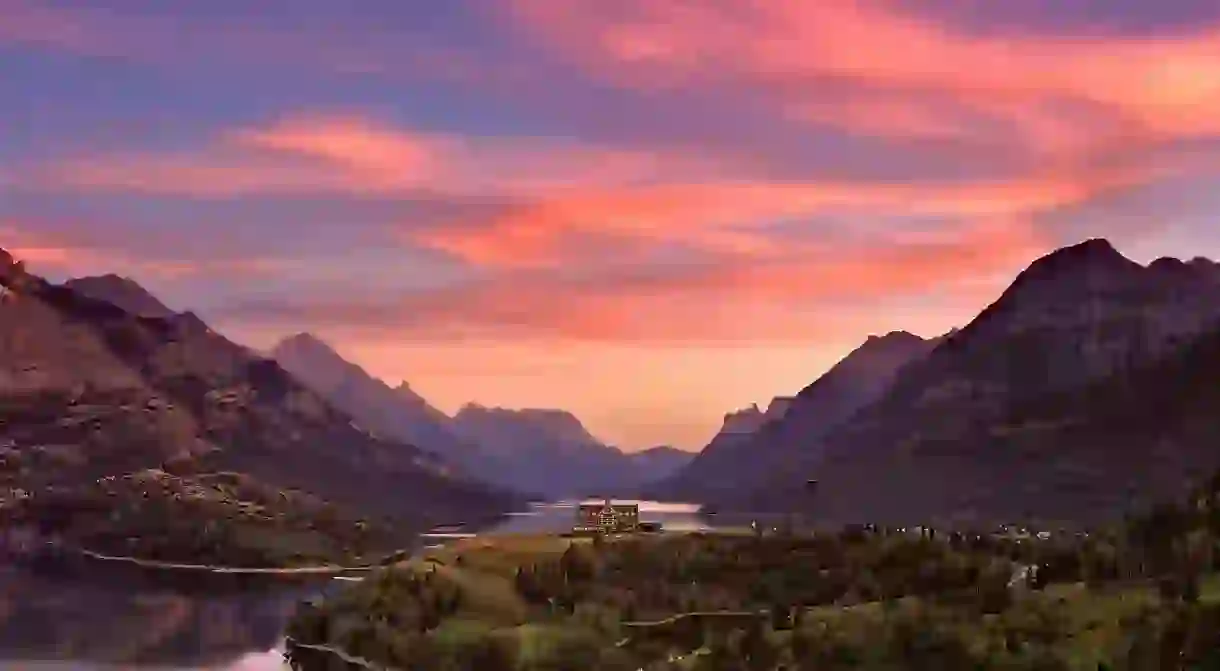The 10 Oldest National Parks in the World

Nearly 100 countries around the world have stunning natural landscapes classified as national parks but which ones have been around the longest? Boasting scenic views and spectacular wildlife, here are the oldest national parks in the world, from the United States through to Mongolia and New Zealand.
Bogd Khan Uul National Park, Mongolia (1783)
Natural Feature

Many mistakenly think America’s Yellowstone National Park is the oldest in the world but there’s one that was created a century earlier. Established by the Mongolian government in 1778, the area surrounding Bogd Khan Uul Biosphere Reserve is actually the oldest in the world. It is located south of the capital, Ulaanbaatar, and takes three to four hours to hike. You’ll find many cultural sites surrounding the park, including the ruins of Manzushir Monastery, Buddha Park, and Zaisan Memorial.
Yellowstone National Park, USA (1872)
Park

Royal National Park, Australia (1879)
Natural Feature

Established in 1879, Royal National Park is Australia‘s oldest and spans the area between the coastline and Hacking River in Sutherland Shire, about an hour south of Sydney. The park has several hiking trails, picnic areas, and campsites surrounded by diverse landscapes, including scenic beaches, blue lagoons, eucalyptus bushlands, and waterfalls. At 26km (16 miles) long, the popular Coast Track is a two-day trail from the Bundeena village to Otford, with opportunities for bird-watching, kayaking, whale-watching, and snorkelling along the way.
Banff National Park, Canada (1885)
Camping

Yoho National Park, Canada (1886)
Park

Tongariro National Park, New Zealand (1887)
Natural Feature

Tongariro is the oldest of the 13 official national parks in New Zealand. Located halfway down North Island, the park has many towns around it including Ohakune, Waiouru, Horopito, Pokaka, Erua, National Park Village, and Whakapapa skifield. Home to several sacred religious sites, Tongariro is the former terrain of a native Māori tribe called the Ngāti Tuwharetoa, and was gifted to the Crown by their chief. Because of the outstanding cultural and natural value, Tongariro is one of the 28 mixed-cultural and natural Unesco World Heritage sites. In terms of nature, the park contains three active volcanic mountains, Ruapehu, Ngauruhoe, and Tongariro, which are all located in the centre of the park.
Sequoia National Park, USA (1890)
Forest, Park

Yosemite National Park, USA (1890)
Park

Waterton Lakes National Park, Canada (1895)
Park, Natural Feature

Mount Rainier National Park, USA (1899)
Park














